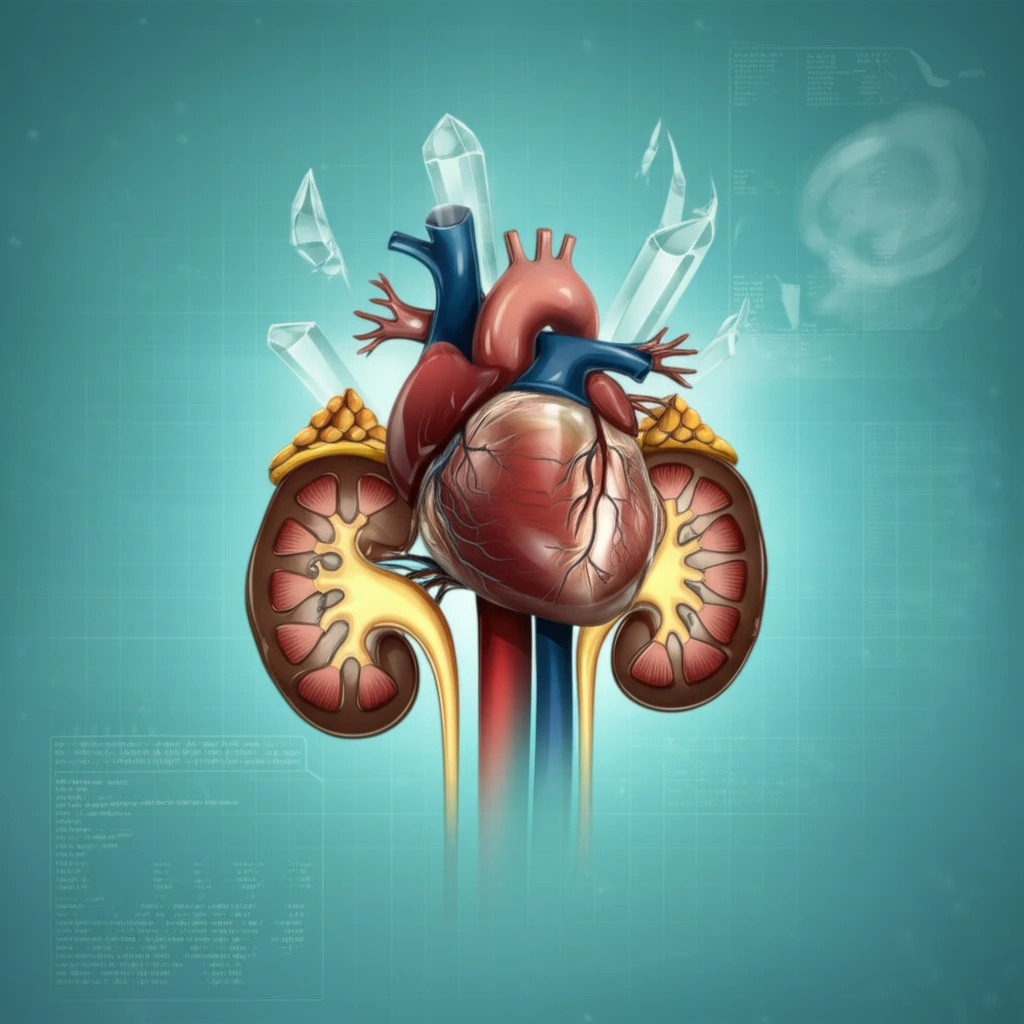
Kidney Transplants: Are You Getting the Right Heart Screening?
"Uncover how calcium scores and specialized CT scans are revolutionizing cardiac risk assessments for kidney transplant candidates."
If you're on the journey toward a kidney transplant, you're likely undergoing a battery of tests to ensure you're a good candidate. What you might not realize is that the standard cardiac screenings often used may not be telling the whole story, especially when it comes to assessing your risk for heart-related complications.
Heart disease is a major concern for individuals with chronic kidney disease (CKD), and it remains a leading cause of death even after a successful transplant. That's why it's crucial to have the most accurate picture of your heart health before moving forward. Traditional risk factors and basic cardiac tests have limitations. A groundbreaking study published in JACC: Cardiovascular Imaging sheds light on why more advanced screening methods like calcium scoring and coronary CT angiography (CTA) could be game-changers.
This article dives deep into the findings of this study, explaining how these advanced techniques offer a more precise way to assess cardiac risk in kidney transplant candidates. We'll explore why this matters for your overall health and what questions you should be asking your healthcare team to ensure you're receiving the best possible care.
Why Traditional Cardiac Risk Assessments Fall Short

For years, doctors have relied on assessing traditional cardiovascular risk factors—like age, diabetes, smoking history, high blood pressure, and high cholesterol—to determine who needs further cardiac evaluation before a kidney transplant. The American College of Cardiology/American Heart Association (ACC/AHA) guidelines even suggest cardiac stress testing for candidates with multiple risk factors.
- Risk factors aren't always accurate. Some individuals with few traditional risk factors may still have significant heart disease, while others with many risk factors might be relatively healthy.
- Stress tests have limitations. Noninvasive stress tests, like SPECT (single-photon emission computed tomography), haven't always proven reliable in predicting future cardiac events in this population.
Take Control of Your Heart Health
If you're a kidney transplant candidate, don't hesitate to discuss these findings with your nephrologist and cardiologist. Ask about the potential benefits of calcium scoring and coronary CTA in your specific situation. By taking a proactive approach and utilizing the most advanced screening methods available, you can significantly improve your chances of a successful transplant and a long, healthy life afterward.
